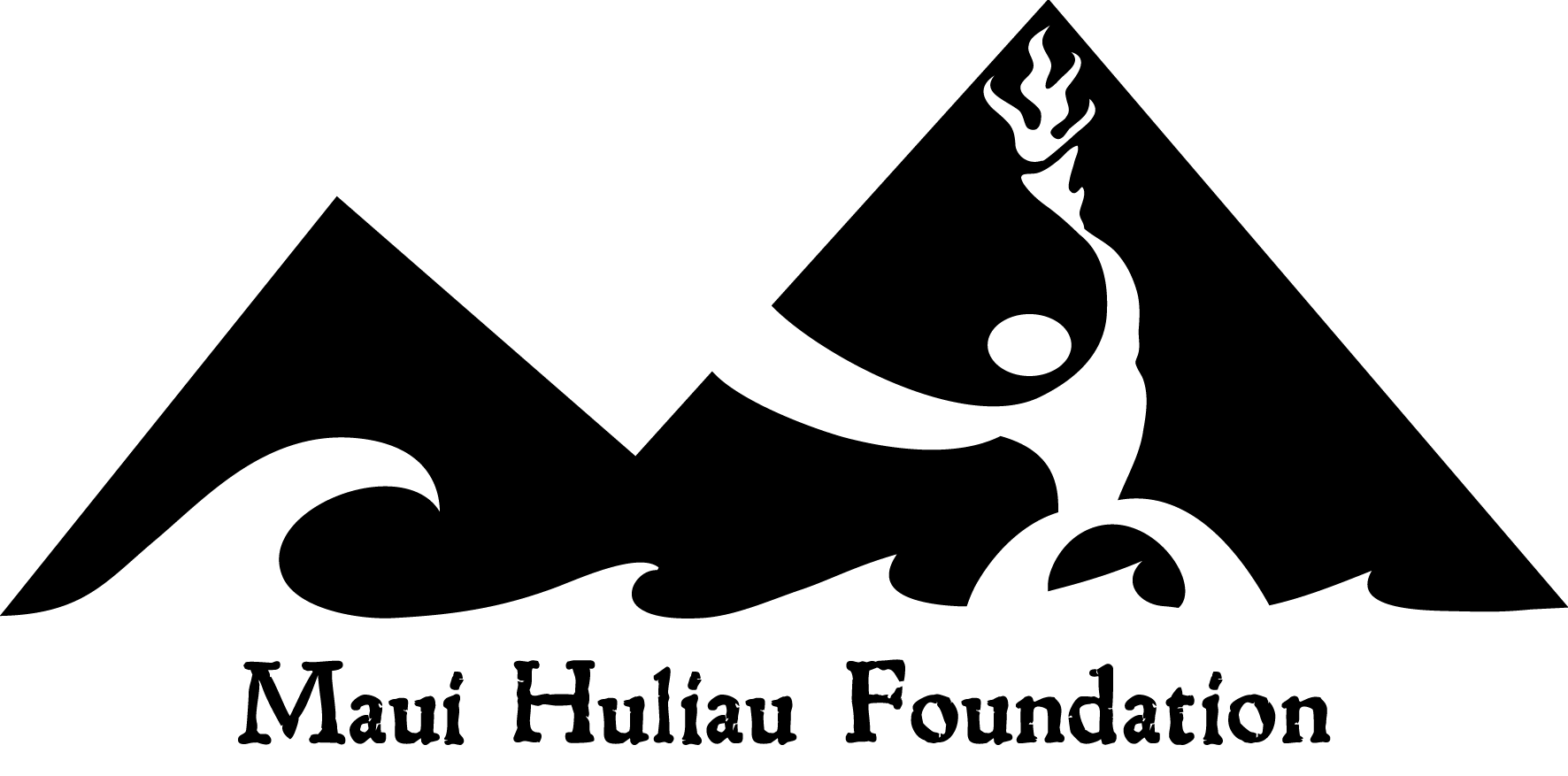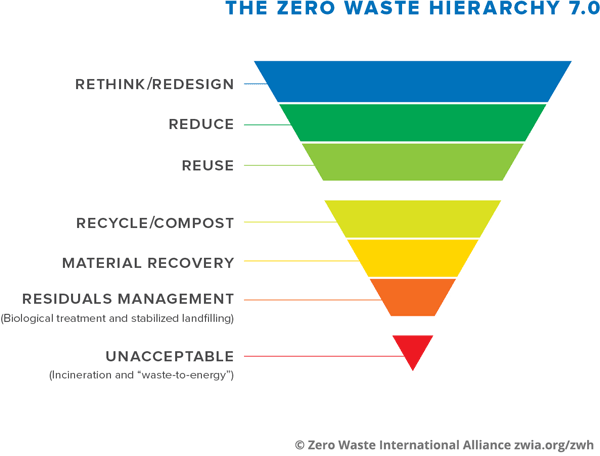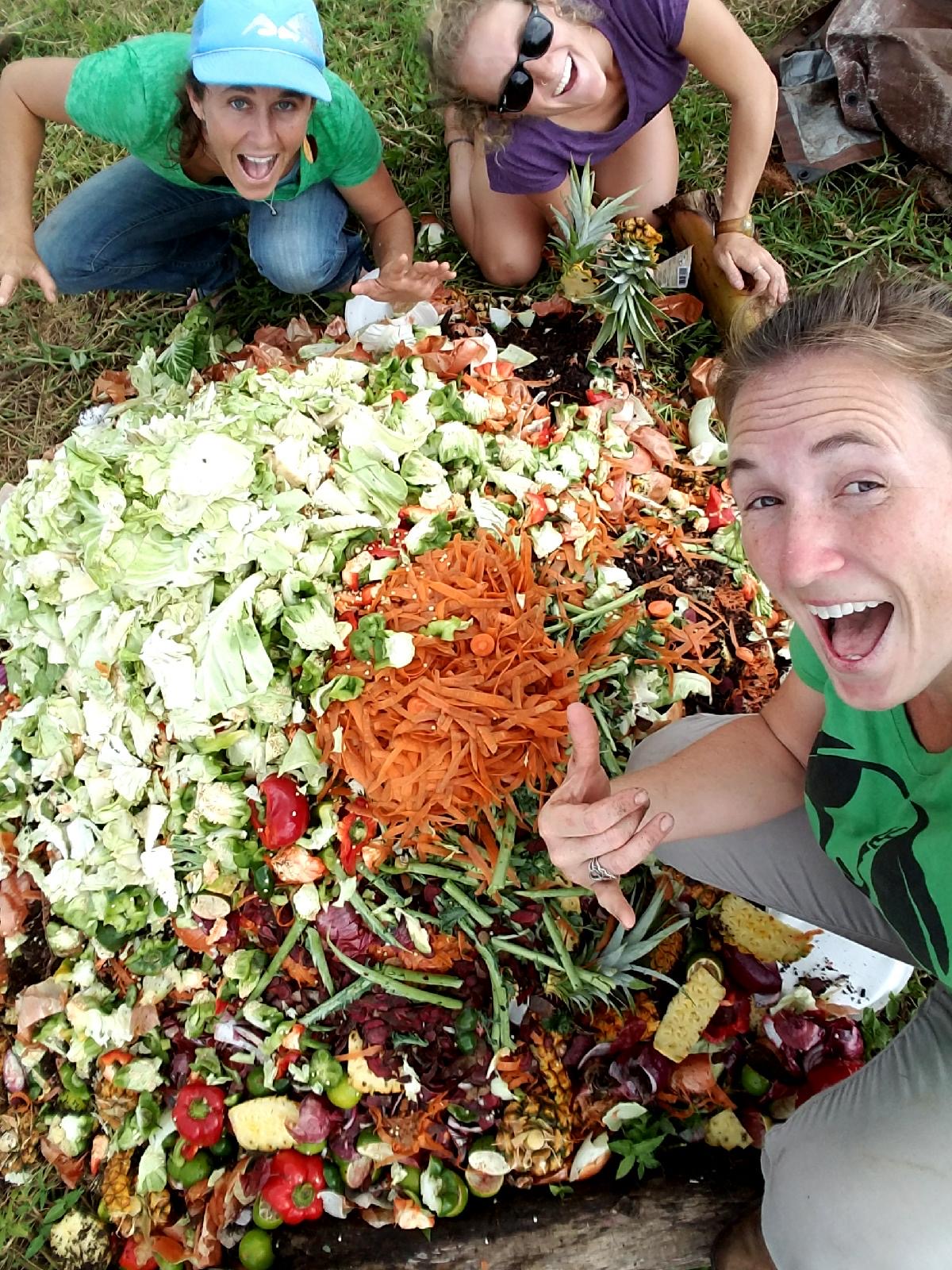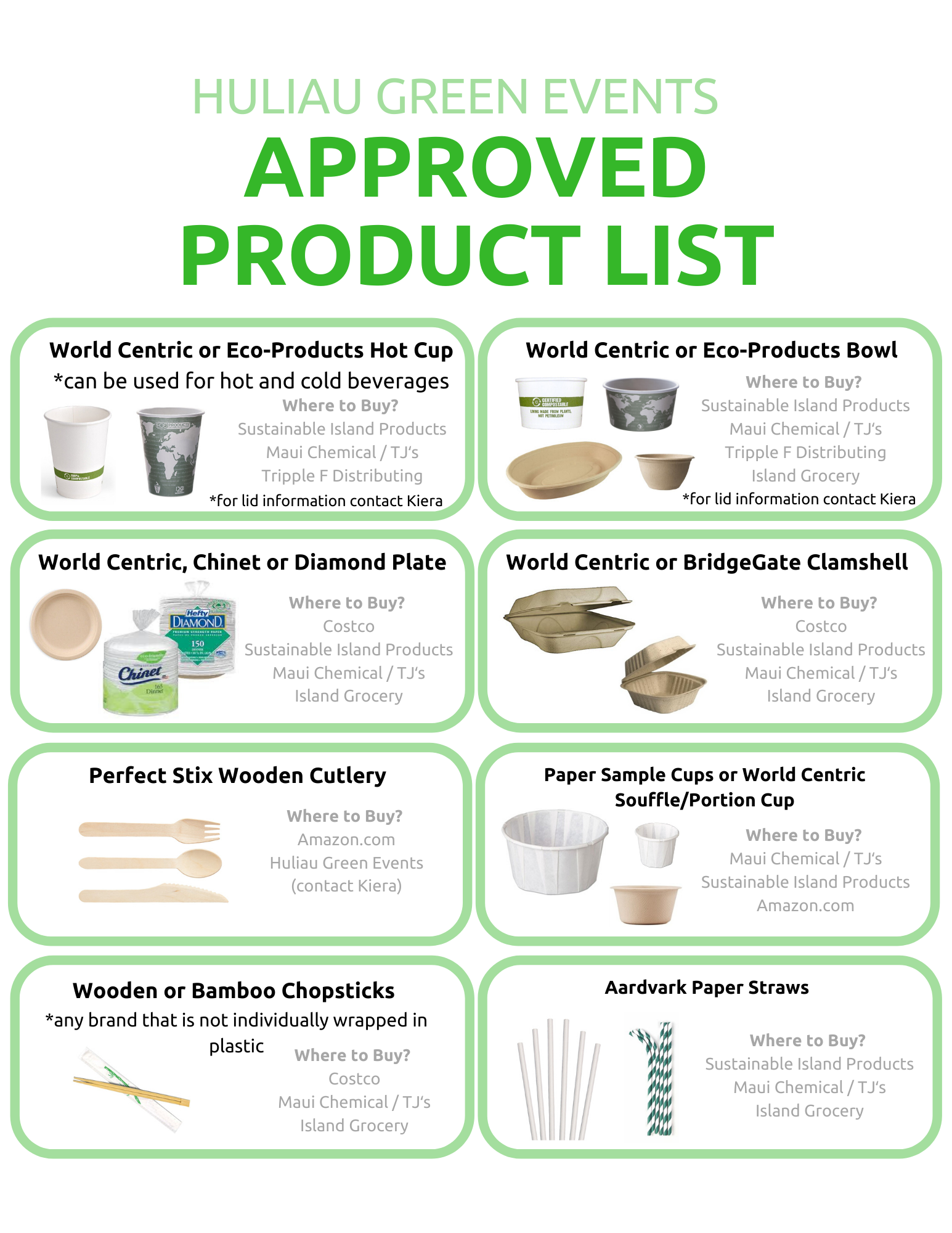Go Green
Whether you are an event, business or individual; here are some resources to help you become more sustainable!
What is Zero Waste?
“Zero Waste: The conservation of all resources by means of responsible production, consumption, reuse, and recovery of products, packaging, and materials without burning and with no discharges to land, water, or air that threaten the environment or human health.”
– Zero Waste International Alliance
REUSE
One of the best ways to Go Green is through reusing wherever possible. Reusing has multiple environmental and economical benefits. It saves energy, minimizes waste, reduces pollution, conserves natural resources and limits greenhouse gas emissions.
Letʻs work together to ditch the disposable/single-use mindset!
PRO TIPS
-
Take a step back and look at all of the disposables that you or your company uses. What can be switched to reusables?
-
Bring your own water bottle and utensil kit with you when you leave the house.
-
If you are hosting an event, large or small, choose reusable foodware.

Huliau has a few resources to help your event or business implement reuse. Check them out:
COMPOST
Did you know that on average half of the waste that we throw away is actually compostable?! Composting is one of the cheapest and easiest ways to Go Green.
When food waste is sent to the landfill and cut off from oxygen, it releases methane (a very harmful greenhouse gas). Instead, our food scraps could be turned back into rich nutrients for our soil.
Healthy soil = healthy ecosystems = healthy humans!
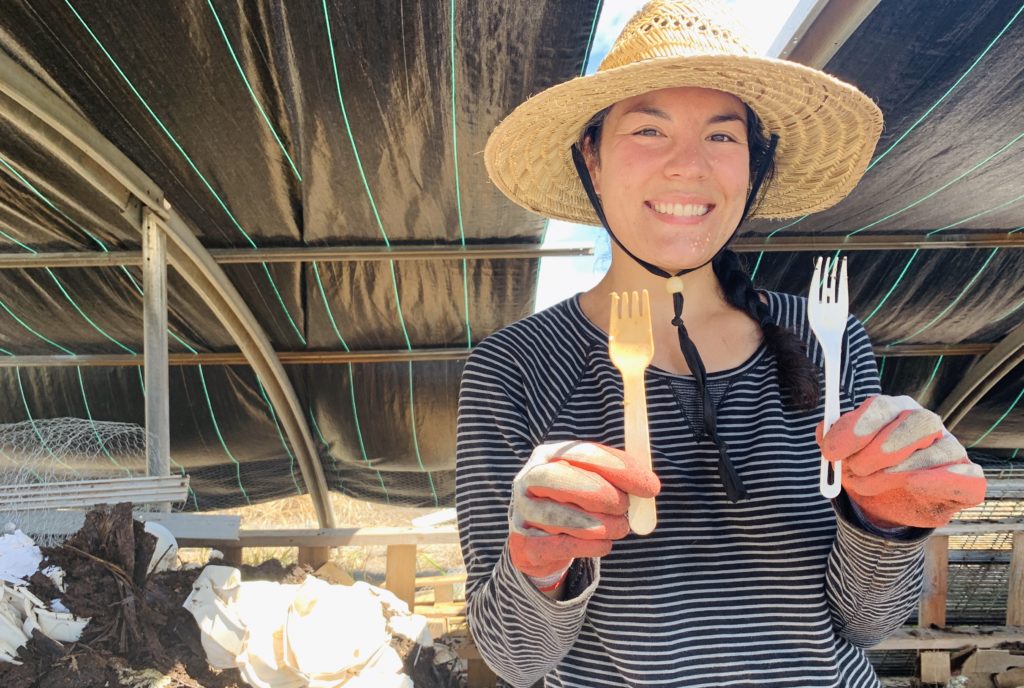
What disposable products are actually compostable?
Many single-use food ware products are made from paper, but because they are lined with plastic, they are not compostable. “Green Washing”, marketing strategies in which companies trick customers into thinking something is “environmentally friendly”, is a also a big problem. The safest and least expensive option to use is paper or wood products that are unlined /uncoated. Click on the image below to see our Huliau Guidelines!
RECYCLE
Recycling is a better option then the landfill or incinerator, but it isn’t the golden ticket like we have been taught. Only 9% of what you throw into your bin is actually recycled in to a new product. The process is expensive, inconsistent, and has a high carbon footprint.
Make sure you know what is actually recyclable in your area so that you donʻt contaminate the bin and cause it to all be thrown away.
PRO TIPS
-
Avoid “wishcycling”. If you aren’t sure if it is recyclable, DON’T put it in the bin.
-
To get recycled, an item must be fully cleaned. Make sure to only put clean items in the recycling.
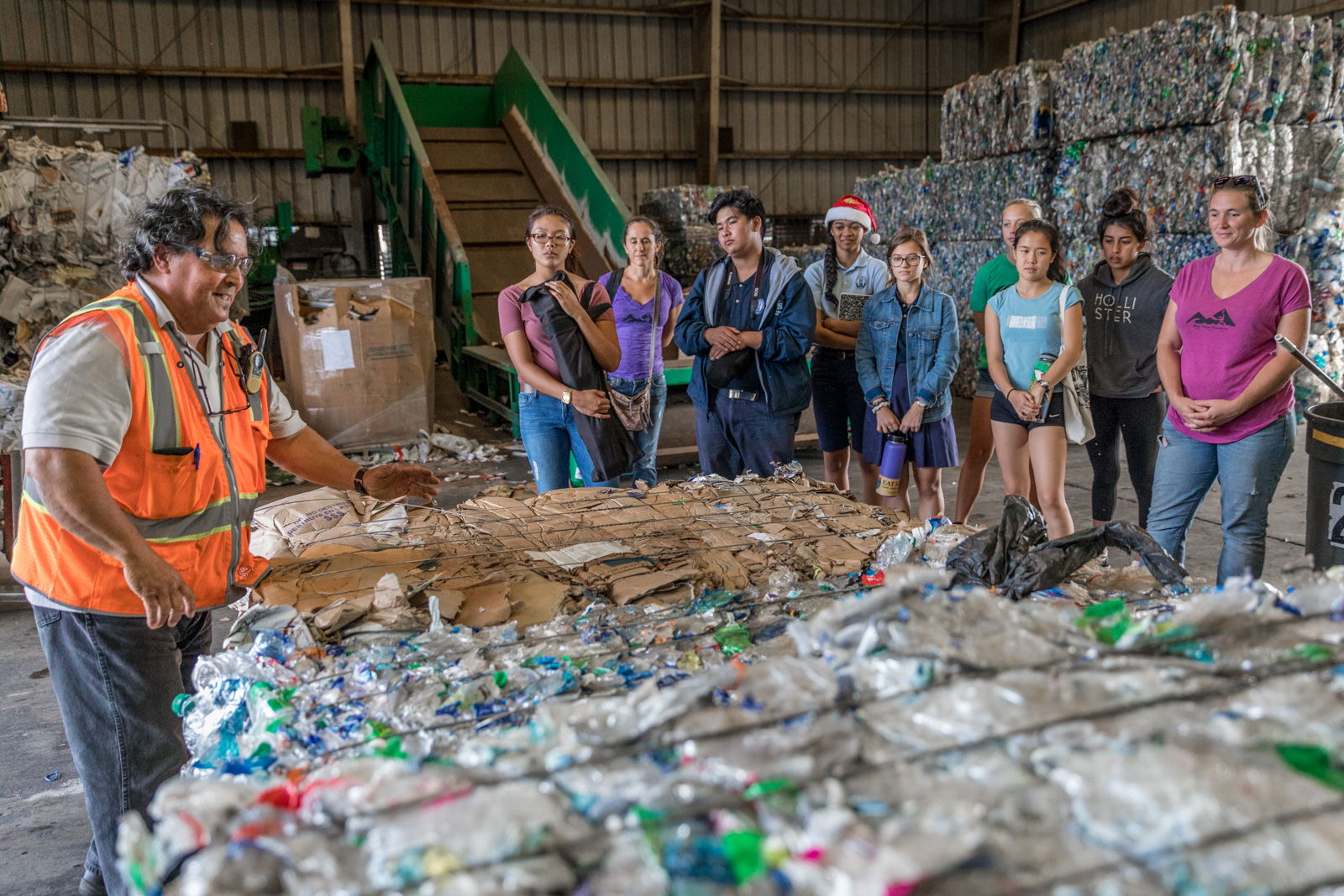
Want to know more about the myths of recycling, along with the Maui’s guidelines? Click below:
POLICY
A large part of creating a sustainable community is working together to change policy. This doesn’t mean you need to run for mayor, but you can become more involved by testifying for bills and voting for government officials that will stand up for the well being of our island.
Luckily Zero Waste Maui Coalition makes it easy to follow upcoming legislation and to get involved!
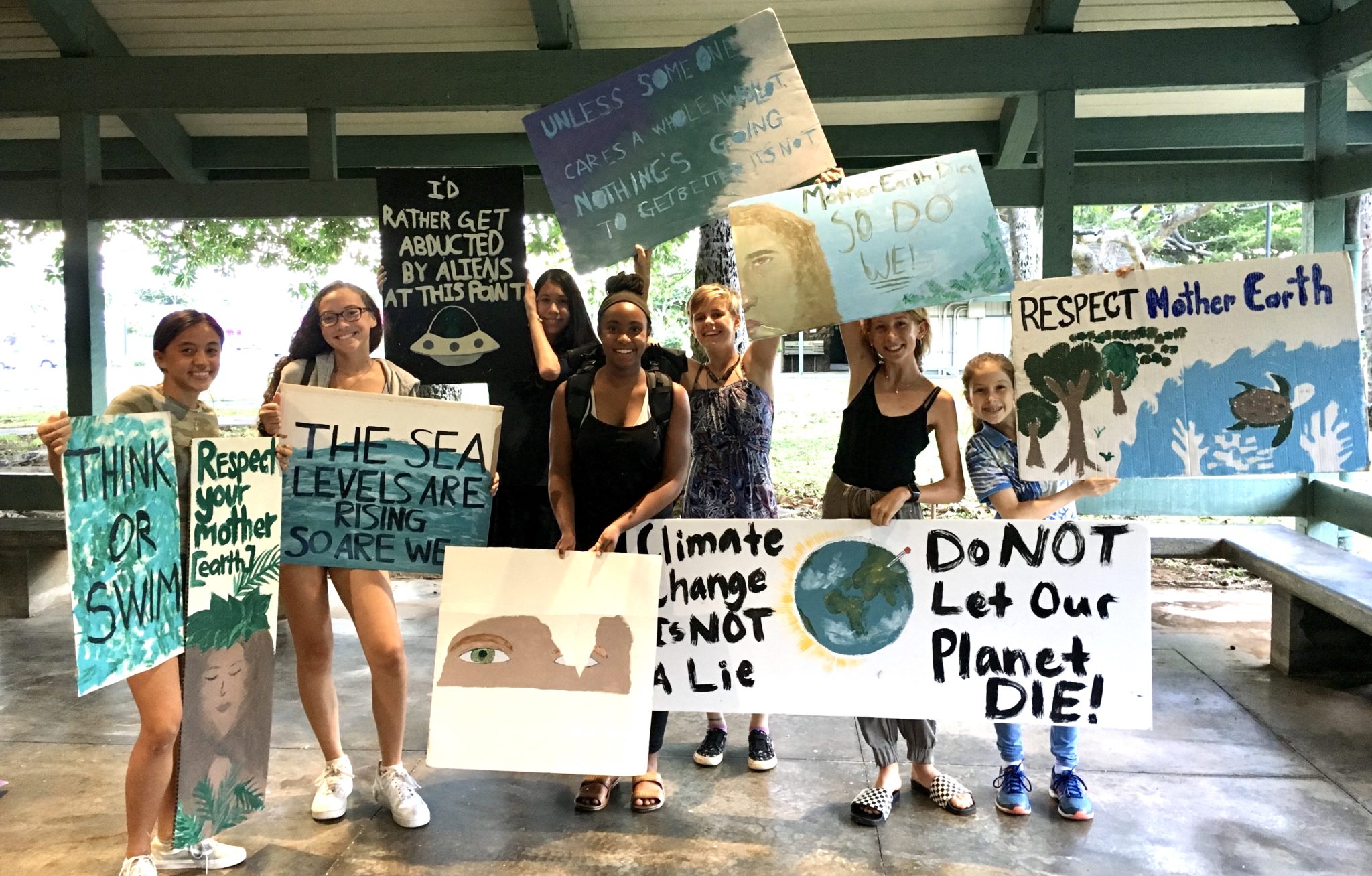
“Every time you spend money, you’re casting a vote for the kind of world you want”
– Anna Lappe
ADDITIONAL RESOURCES
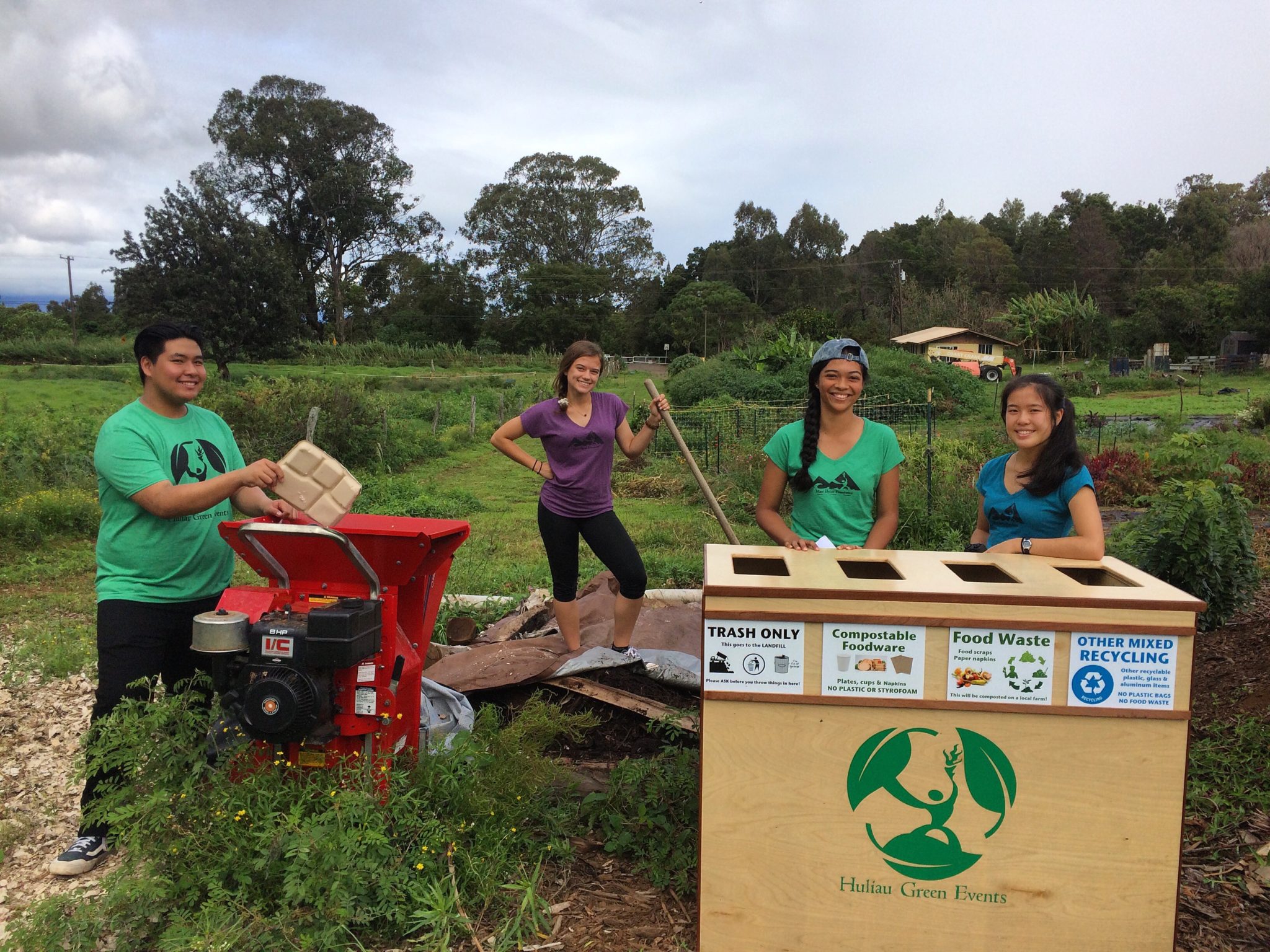
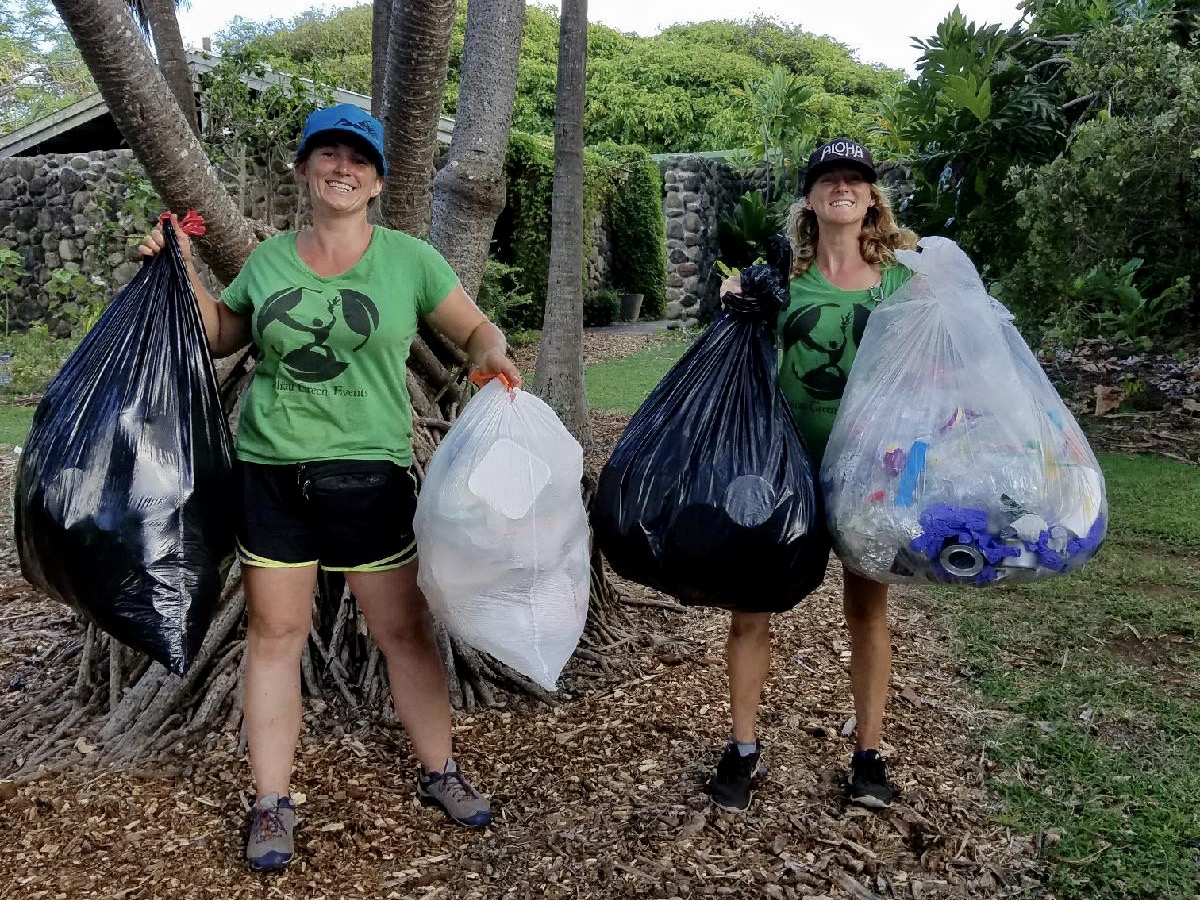
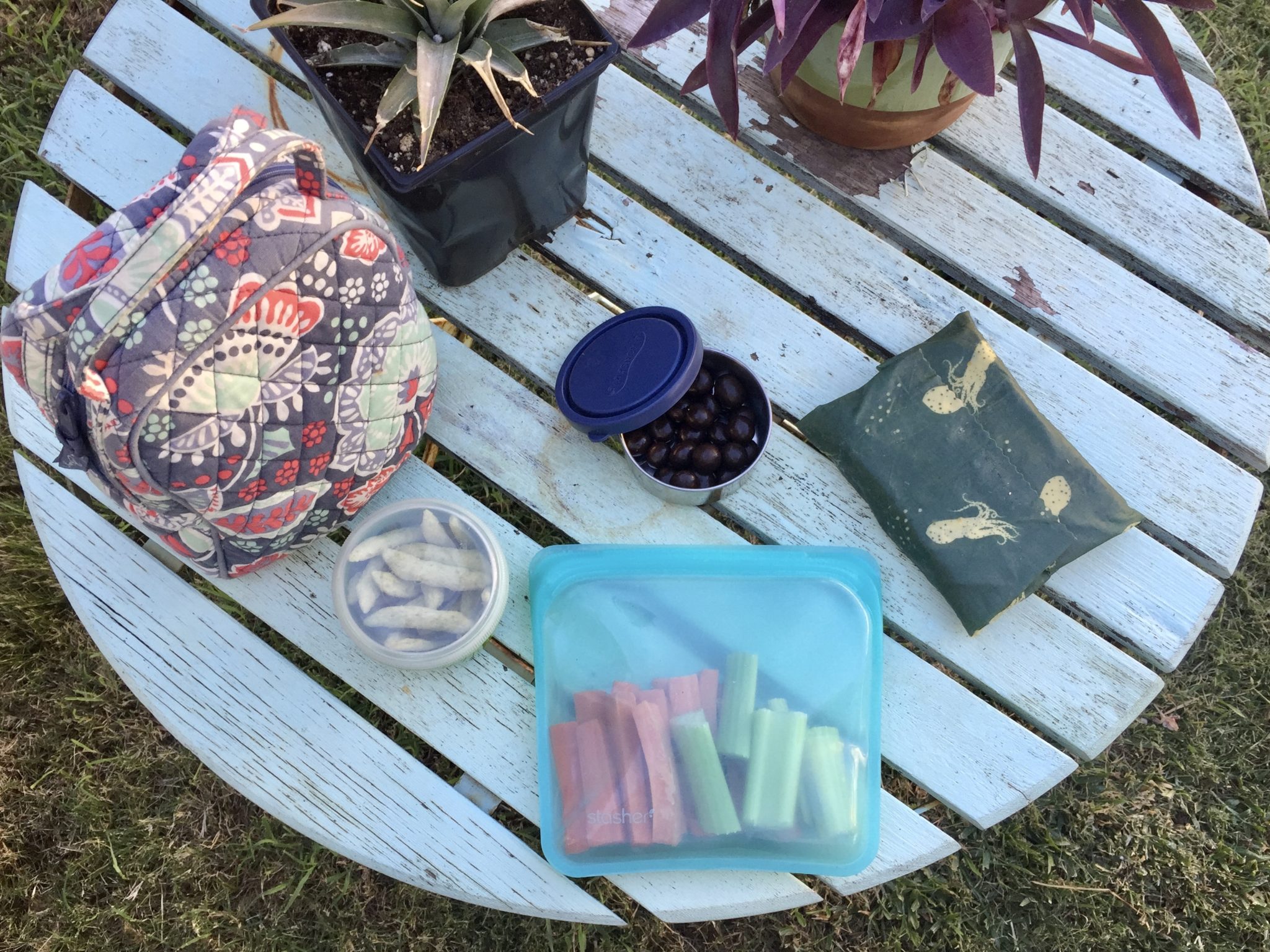
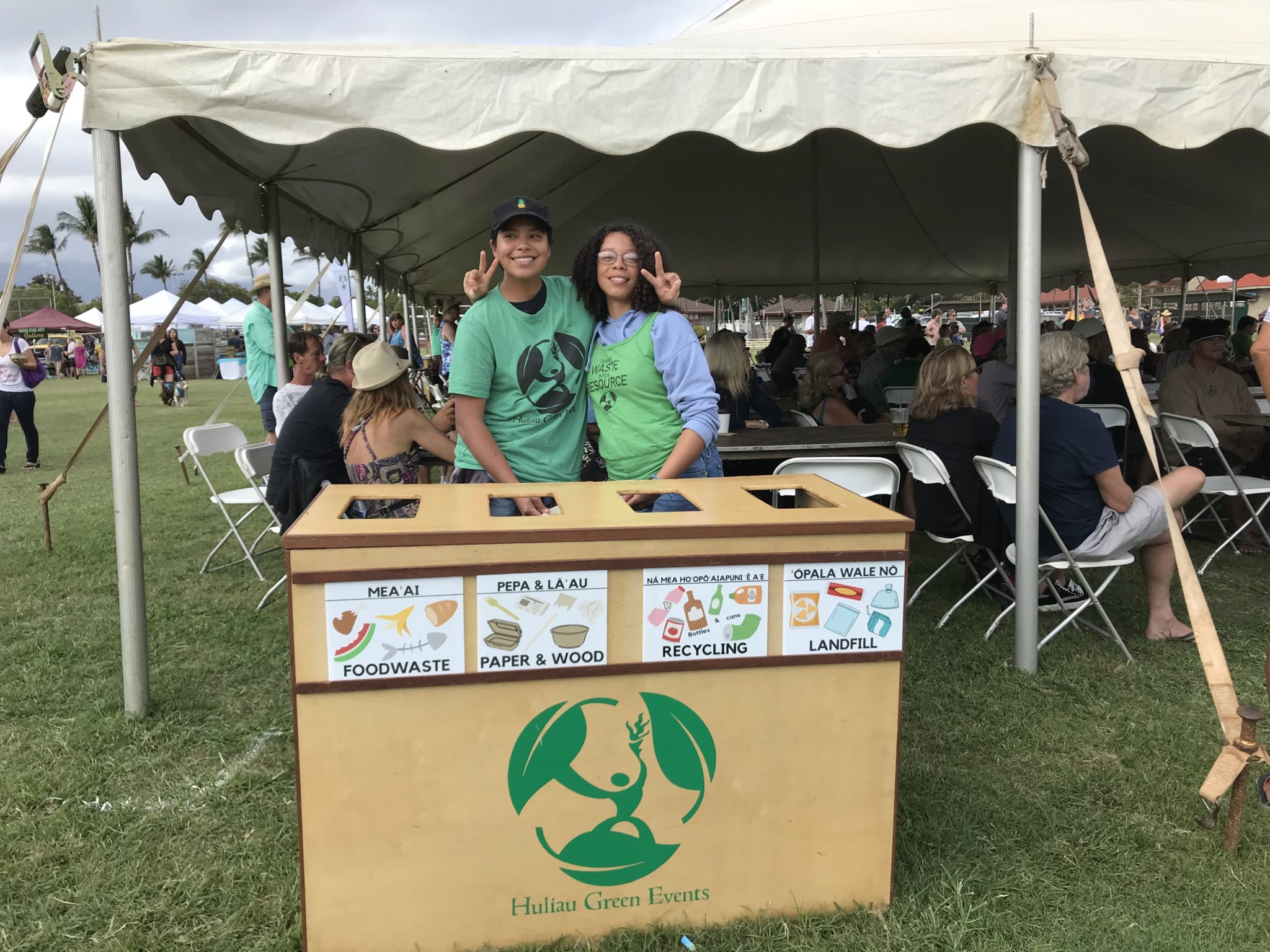
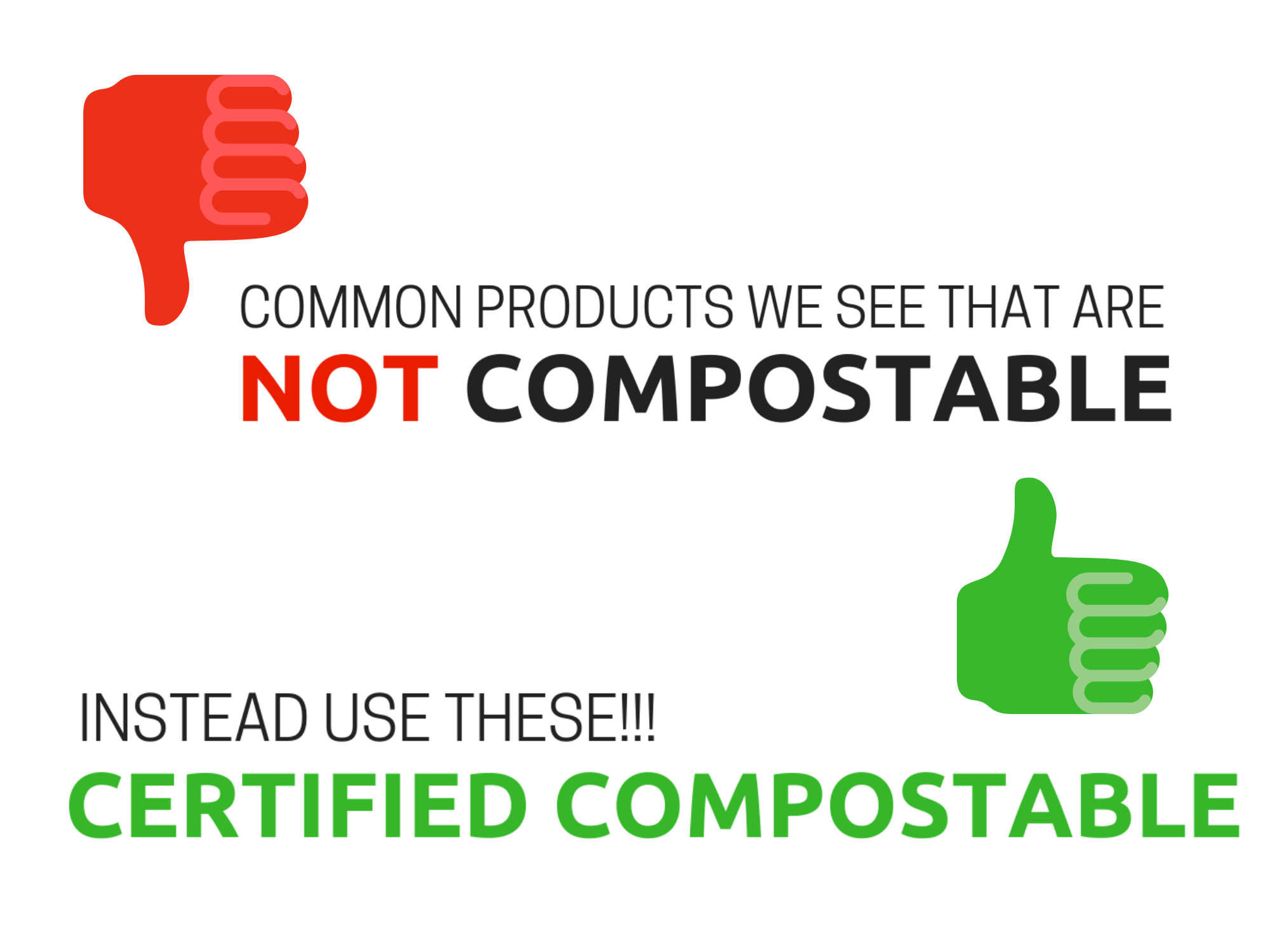
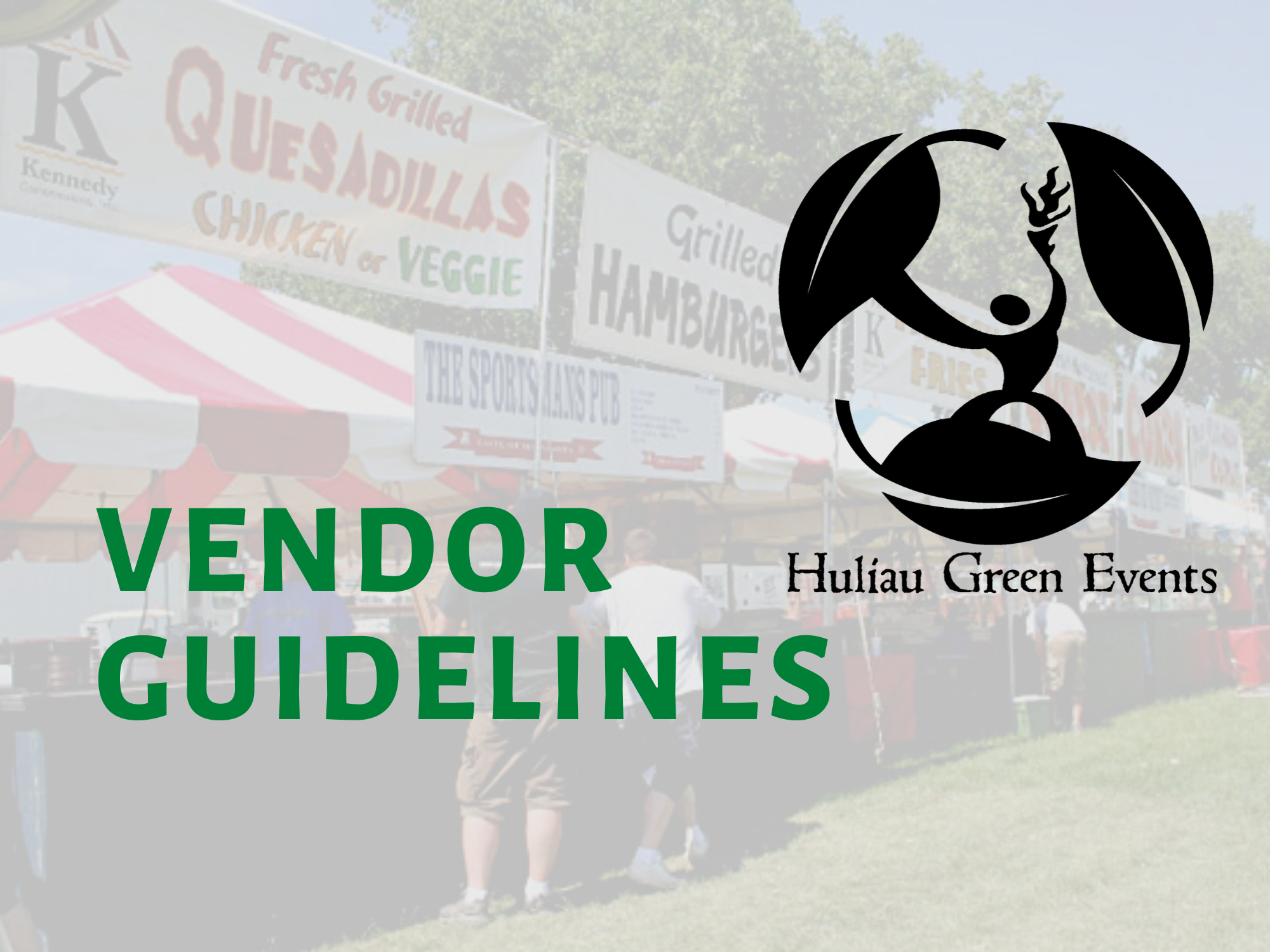
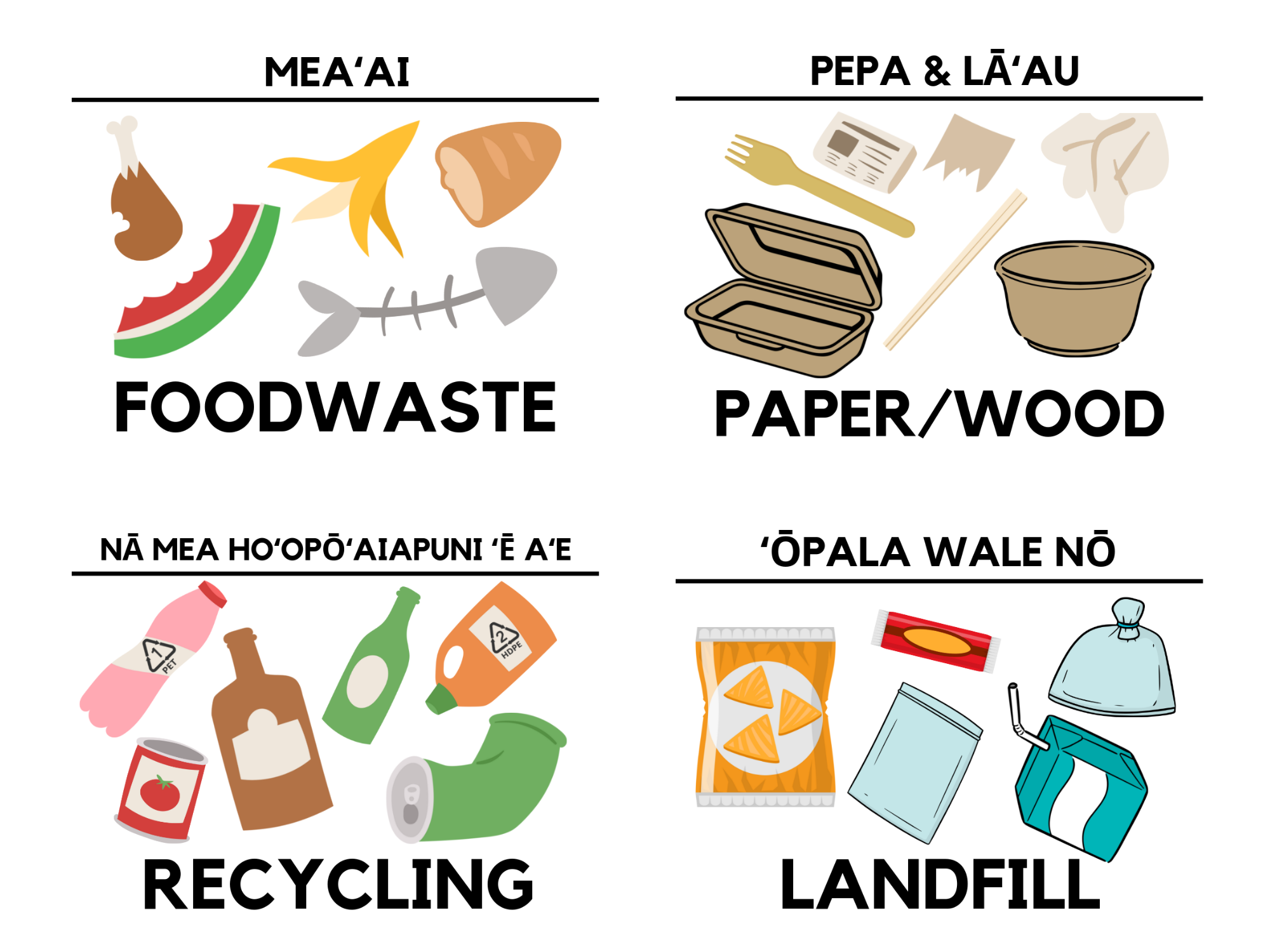
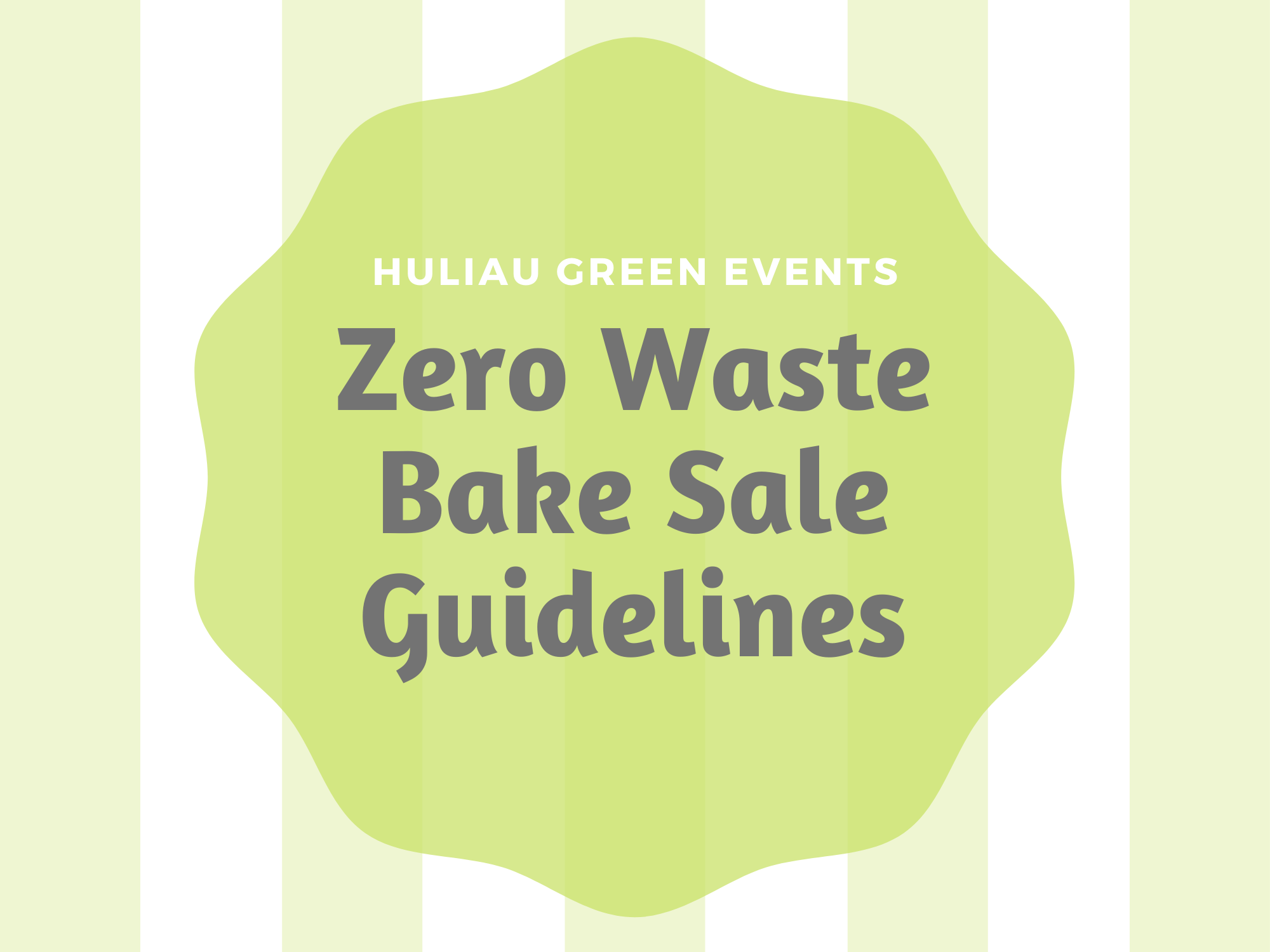
Station Rentals
Want to take on a Zero Waste Event yourself!?
You can rent our zero waste stations for your event.
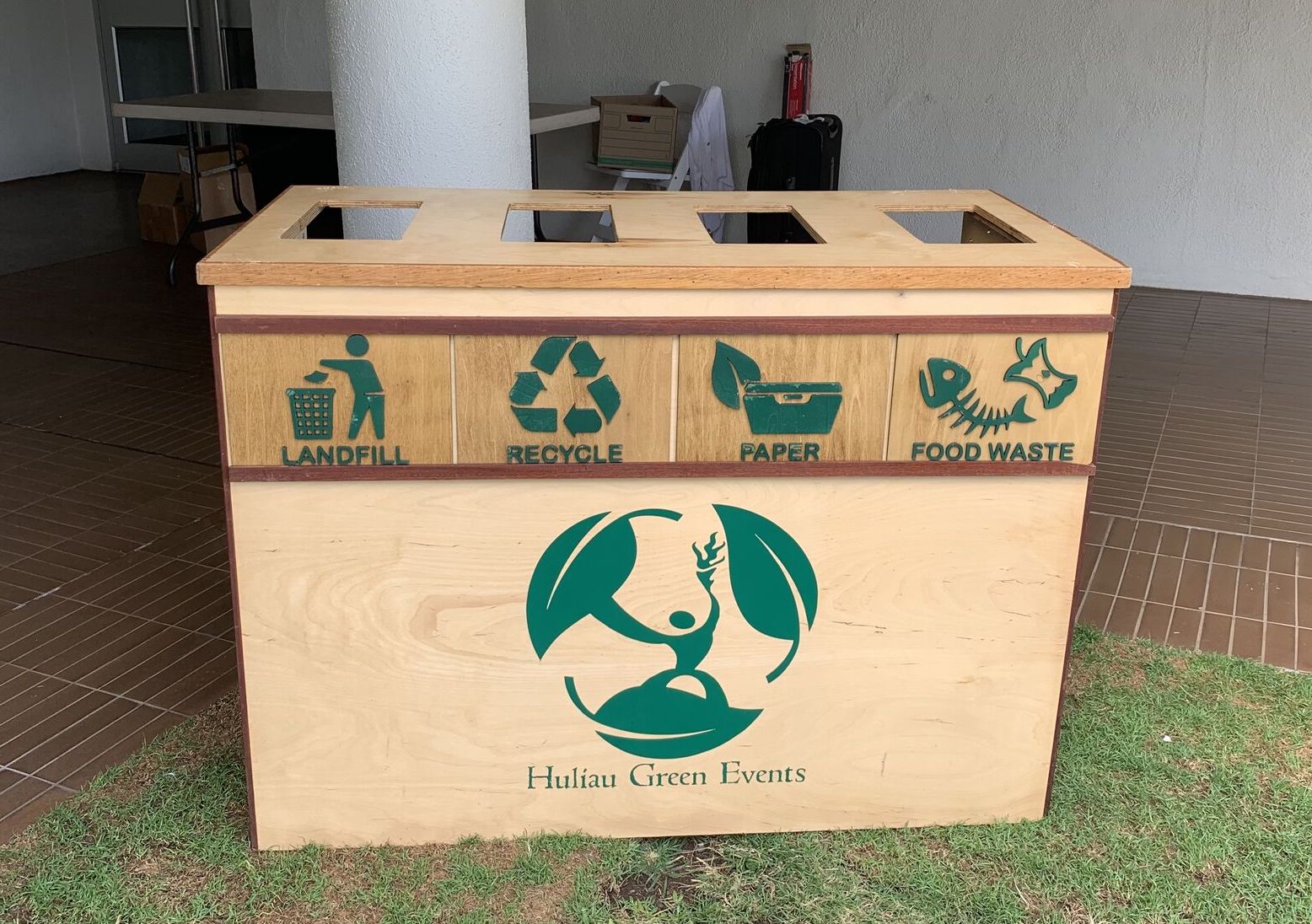
Reusable Rentals
Reusing is one of the best things you can do to lower the amount of waste at your event.

Local Compostable Distributors
Look for These Brands
WHY SHOULD WE AVOID PLASTIC?
Leaches Toxic Chemicals
Plastic is made up of a range of different chemicals that can be extremely harmful to humans. Even if it is labeled “BPA Free” there are many other chemicals that leak into our food and into our bodies through plastic wrap and packing. These chemicals have been linked to a large variety of health issues from hormonal imbalance all the way to cancer.

Made From Fossil Fuels
Petroleum (oil), natural gas, and coal are all fossil fuels that are burned to make plastic. In burning these fossil fuels, tons of CO2 (Carbon Dioxide) is released into our atmosphere. These CO2 molecules trap heat and warm our planet, causing the climate to change in multiple areas of the world.

Kills Marine Life
Plastic is extremely dangerous to animals from both ingestion and entanglement. Plastic doesn’t break down, it photodegrades, meaning that it just breaks into smaller pieces we call microplastics. These microplastics are often mistaken as food and are eaten by fish and birds which they aren’t able to digest. Most fish today are found with plastic in their stomachs, even the ones we eat.
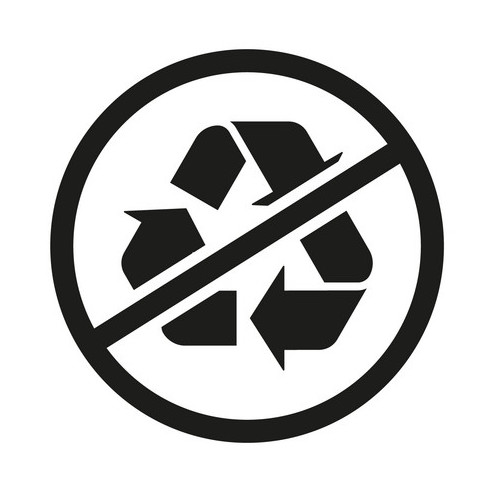
Most Doesn't Get Recycled
Only 10% of the items you put into your recycling bin are actually recycled into a new product. In Maui, that percentage is even smaller because we have the factor of shipping the plastics to China or India to be processed. It takes a lot of money, energy, and time to recycle plastics.
